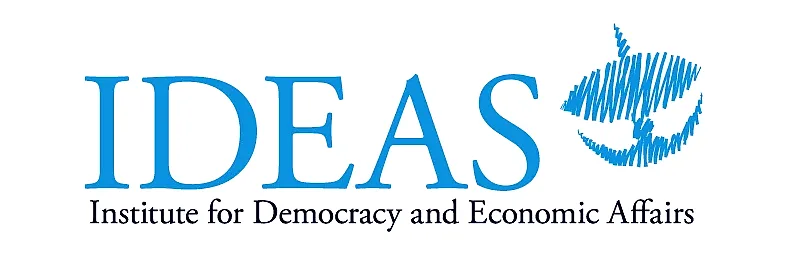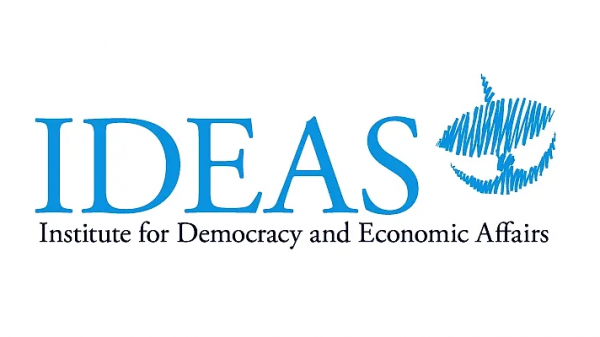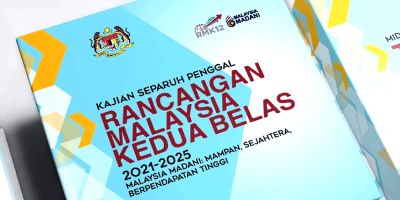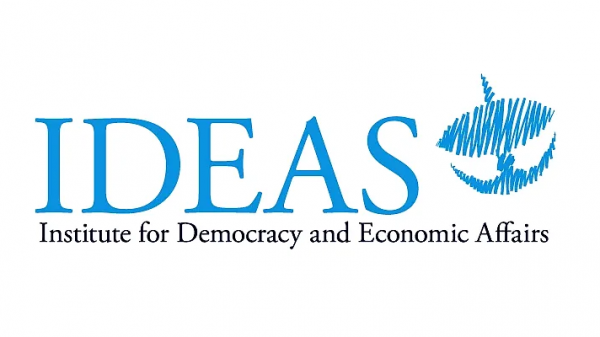
The Institute for Democracy and Economic Affairs (IDEAS) supported by the Australian High Commission Malaysia, launched the policy report titled “Strengthening the Digital Trade Ecosystem: The Next Frontier for Malaysia” on December 1, 2022.
This policy report assesses the state of Malaysia’s digital trade ecosystem and identifies international best practices to address the digital governance challenges, based on a series of roundtable discussions with local and regional experts.
Malaysia is considered as one of the more digitized countries in the world with a culture that is positive for technology adoption.
In 2021, more than 95% of individuals were online while household computer access reached 88.3%. Household mobile access was at 99.6% and individual internet access peaked at 96.8%.
COVID-19 has further aided Malaysia’s digitalization process through the lockdowns that forced the public and private sectors to utilize cyberspace for economic and social needs.
According to surveys conducted by the Malaysia Communications and Multimedia Commission (MCMC), internet activities in Malaysia remain predominantly focused on social networking purposes, with more than 90% using the internet for messaging.
Malaysia’s economic landscape has been fundamentally transformed by digital technologies, with the digital economy and digital trade activities identified as bringing huge potential for Malaysia’s future development.
The lockdowns and resulting movement restrictions caused by the COVID-19 pandemic has helped further accelerate Malaysia’s digital transformation.
However, this has also brought challenges from a policy standpoint.
In this policy report by IDEAS, two critical components of the digital trade ecosystem were examined, namely taxing the digital economy and cybersecurity concerns.
The authors examined how Malaysia has attempted to bring its taxation framework up to date with the digital economy through direct and indirect taxation, as well as how Malaysia overcomes challenges to data governance and creating the requisite culture of cybersecurity to match a positive technology-adoption outlook.
As part of the research, challenges that come with both taxing the digital economy as well as ensuring adequate data protection and cybersecurity in order to sustain it were delved into.
In the case of digital taxation, it is commonly perceived that the digital economy is less taxed and regulated than other economic sectors. This is largely due to the contemporary taxation system being out of date for the digital economy, with digital firms able to make profits in jurisdictions in which they do not have a physical presence.
As Malaysia seeks to recover from the COVID-19 pandemic as well as increase public expenditure in order to alleviate the rising cost of living, implementing whole scale tax reforms will be more important than ever for Malaysia’s future fiscal health.
In the case of cybersecurity, several challenges were identified to creating a requisite culture of data protection.
This included the lack of harmonization of data protection laws, the fact that SMEs may not be able to afford heavy cybersecurity costs, the difficulty of implementing the Personal Data Protection Act (PDPA), and finally the absence of mandatory data breach notification requirements, whether to the government or for data users or data subjects.
The policy report lists some concrete and evidence-based policy recommendations to address the identified gaps and access fresh trade opportunities in the digital trade ecosystem.
Due to the difficulty and complex nature of taxing the digital economy, capacity building exercises and collaboration is highly encouraged with countries that have developed robust taxation frameworks such as Australia and Singapore to share their best practices.
In terms of data breach investigations, currently the law does not require cybersecurity agencies to publicize investigations, which is vital to increasing vigilance among local society.
Dr. Juita Mohamad, Director of Research and Director of Economics and Business at IDEAS, points out that, “As one of the biggest concerns in Malaysia is the planning and introduction of new forms of taxes for the digital economy and digital trade activities, it is important that impact assessments of such measures take into account feedback and input from the stakeholders affected.
“Such policies and clear guidelines of implementation provide ease of doing business for both local and international firms.”
Dr. Juita adds, “When it comes to cybersecurity, one of our policy recommendations is for Malaysia to use Digital Economic Agreements (DEAs) and Digital Free Trade Zones to further build a rules-based environment for cyber and digital taxation frameworks and to ensure Malaysia’s national interests are protected and its industries promoted.”
The policy report is now available on IDEAS website.

ADVERTISEMENT
ADVERTISEMENT







































